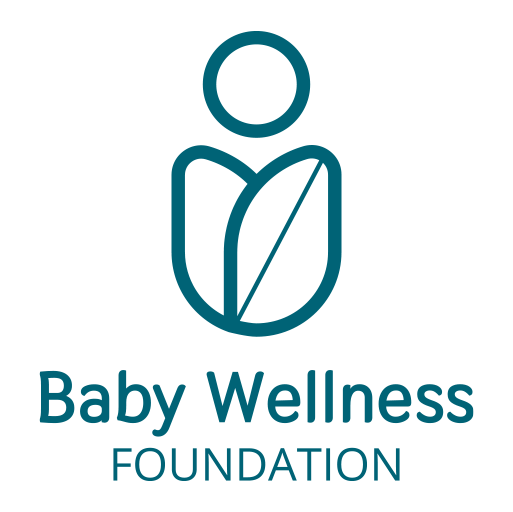Approfondimenti scientifici
Benefits of breastfeeding

Breastfeeding is the ideal form of nutrition for infants. Breast milk is a complete, dynamic, and biologically active food, perfectly tailored to the baby’s needs. It requires no supplementation and provides all the nutrients necessary for optimal growth, along with unique immune protection.
A living food, constantly evolving
Breast milk is not a static substance: its composition changes over time and even during a single feeding. The initial secretions, known as colostrum, are particularly rich in immune factors and bioactive components that help protect the newborn from infections and stimulate intestinal maturation.
Over the following weeks and months, the milk gradually adapts to the baby’s development, modifying its caloric content, fat levels, and antibody concentration. This adaptability makes breast milk a unique and irreplaceable food, unmatched by artificial substitutes.
Protective effects on the infant’s health
Breastfeeding provides numerous short- and long-term health benefits. Research shows that breastfed infants are less prone to infections, allergies, and chronic illnesses. Specifically, breast milk:
- Reduces the incidence and duration of gastroenteritis
- Protects against respiratory infections
- Lowers the risk of developing allergies
- Promotes optimal development of vision and psychomotor skills
- Supports intestinal health, preventing blockages and digestive issues
- Encourages proper development of the oral cavity
- Decreases the incidence of middle ear infections
- Is associated with a reduced risk of diabetes and certain types of lymphatic cancers
After birth, when the newborn is first exposed to the external environment, breast milk serves as a natural extension of the protection provided during pregnancy, defending against viruses, bacteria, and parasites.
Health benefits for the mother
Breastfeeding also offers significant physical, hormonal, and psychological benefits for the mother:
- Promotes uterine contraction after childbirth, helping reduce bleeding and return the uterus to its pre-pregnancy size
- Aids postpartum weight loss due to the energy expenditure involved in milk production
- Lowers the risk of osteoporosis, especially later in life
- Reduces the incidence of certain cancers, particularly breast and ovarian
- Naturally spaces births by delaying the return of fertility
- Helps prevent anemia thanks to reduced postpartum blood loss
- Strengthens the mother–baby bond and fosters greater emotional connection within the family
- Has no cost—no need for preparation or purchase
- Is always available, at the perfect temperature, with no need for sterilization or storage
Breastfeeding is a choice that promotes health and well-being, not only during the first months of life but over the long term. It is a true biological, nutritional, and emotional investment in the health of both the baby and the mother. Promoting, protecting, and supporting breastfeeding should be a shared priority among healthcare providers, families, and society.
